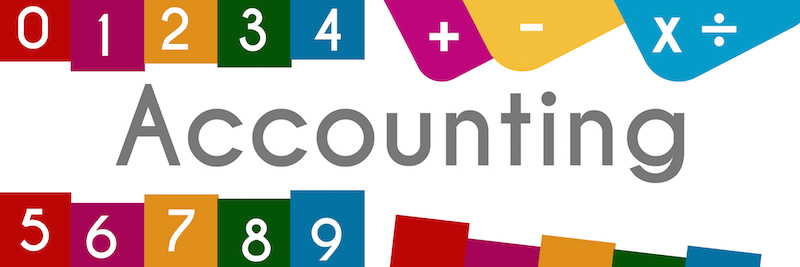Dividends vs Salaries
We are constantly being asked which is better, to take a salary or take a dividend? The answer is not a simple one and will be different for different people and situations and can range from all salary to all dividends and combinations of both.
In the past it was advantageous to pay dividends rather than a salary to business owners from their corporations strictly from a tax savings point of view. But like anything in life, all good things must come to an end. In the last federal budget there was a change to the Dividend Tax Credit (DTC) on non-eligible dividends removing this tax advantage.
As you can tell from the example below , the new DTC causes the two options to have the same overall tax implications. It would appear that we have almost reached perfect integration and as such, there is little advantage to take a dividend over a salary as in the past.
Although the tax implications amount to the virtually the same for each option (for B.C. $40,575.79 when a dividend is declared or $40,821.57 when paid by salary, a difference of $245.78) there are benefits to either option.
Dividends and Salaries Analysis
| Alberta | B.C. | |
|---|---|---|
| Corporate income | $50,000.00 | $50,000.00 |
| Corporate tax | $-7,000.00 | $-6,750.00 |
| Available for dividend | $43,000.00 | $43,250.00 |
| Personal tax | $-2,424.21 | $-1,882.07 |
| Net after taxes | $40,575.79 | $41,367.93 |
| Salary | $50,000.00 | $50,000.00 |
| Personal tax | $-9,178.43 | $-8,347.06 |
| Net after taxes | $40,821.57 | $41,652.94 |
By taking a Salary you will be able to:
– Contribute to the Registered Retirement Savings Plan (RRSP);
– Contribute to the Canada Pension Plan (CPP);
– Qualify for the non-refundable employment tax credit on the annual personal income tax return;
– Qualify for disability insurance through the CPP premiums;
– You can maximize the RRSP deduction room ($24,270 for 2014) if you take a salary of at least $130,000 in 2013;
– If you earn more than $130,000, you can consider contributing to an IPP (Similar to RRSPs) that will increase your retirement benefits;
By taking dividends you will be able to:
– Save the CPP and EI premiums;
– Dividend out excess cash from the business to a holding company. This will allow you to pay minimal corporate income tax (with the Small Business Deduction (SBD)) and take out an amount personally that will take advantage of the personal tax credits available each year;
– You can income split with your family members provided they hold shares of the company;
– Reasonable salaries are only allowed to be paid to family members (must be over 18) as opposed to any amount can be paid in dividends to family members provided there are no restrictions associated to the class of shares they hold;
Decisions:
Overall, the decision to take a dividend vs. a salary will entail much more than just the tax savings from the simple example noted earlier. Each individual’s lifestyle and situation is completely different from the next. There are several other factors to consider when tax planning each year. Some of these factors involve the following:
– Is the business earning active business income?
– Is the business earning active business income above the Small Business Deduction (SBD) limit of $500,000?
– If the business is earning more than the SBD should we bonus out the excess income or pay the higher general rate of corporate income tax to build room to pay out eligible dividends later;



